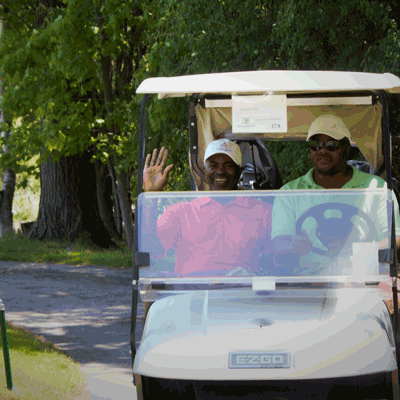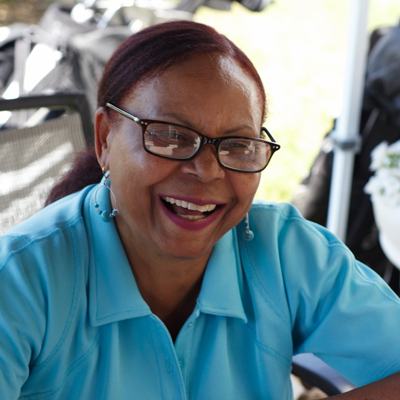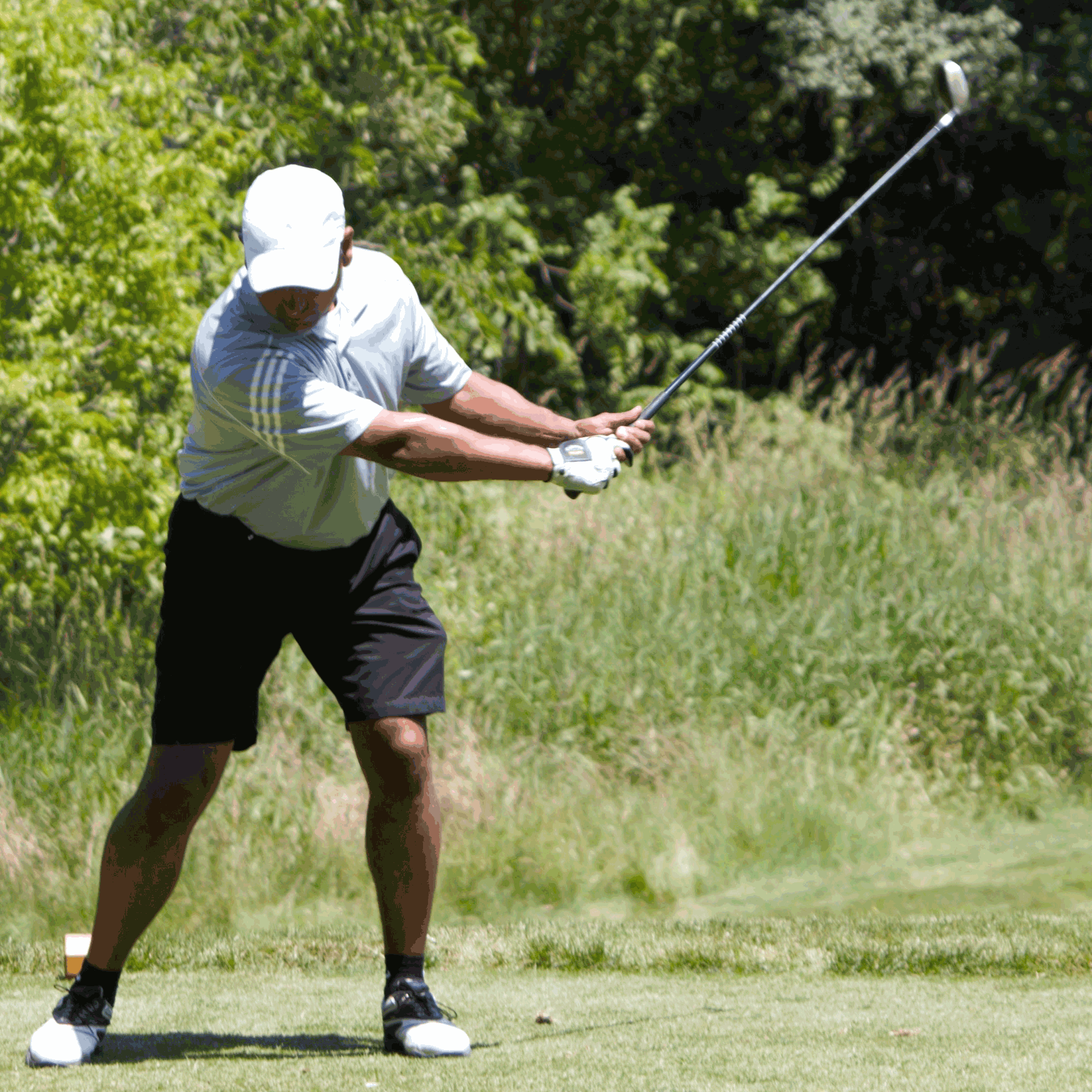| Teachers In My Life |
|
I have been especially fortunate with my teachers. Throughout my career, great teachers have indelibly shaped my social, political and intellectual formation. They did it so unobtrusively with boundless talent, sophisticated wit, and incomparable wisdom that I was not aware of their efforts. But looking back with the perspective of my advanced years I now realise both the enormity of my indebtedness to these noble teachers as well as the monumental nature of their accomplishment. Good teachers all have distinctive magical qualities. They share a deep love of learning. They have an abiding optimism about the inherent abilities of each person. They see each student as an individual rather than undifferentiated mass requiring a common pedagogy. Good teachers inculcate knowledge with impeccable skill. They possess an inimitable instinct to empathise effortlessly with their pupils and to care about them deeply like the good shepherd who cares for his sheep. My earliest memories of my teachers begin from about age 10 at Skibo elementary school, perched high on a hill inPortland. There Fred and Pat McLaughlin formed a fantastic team. They had the patience of Job, the gentleness of an angel, and the demanding rigour of a military instructor. They drilled us both in the regular classroom hours and in after-school studies for the three dreaded examinations then given at the elementary level. They became an inescapable part of everyone's family. They were inordinately fond of music, literature, proper elocution, and critical thinking so all their better students became adept at musical appreciation, reading, proper speaking, and independent thinking. I enteredCalabarHigh Schoolin the Second Form, but was prematurely promoted to the Third Form largely because I had been taught--and probably learnt--a little Latin. Switching form mates in the middle of the year constitutes a young person's worst nightmare, but I recovered sufficiently from that trauma to make great lifetime friends from among my fellow boarders of both forms. Thus I made a virtue of adversity. Calabar instilled in me moderate self-discipline, decent time-management skills and an excellent academic foundation. Altogether that was, from my parents' point of view, a minor miracle. Calabar in those years boasted some first-rate teachers. Walter Murray-White taught mathematics. I can still hear him in that nasal North English accent reprimanding someone for chewing gum with his declaration that the "only difference between a boy chewing gum and a cow chewing its cud was the intelligent look on the cow's face." "Don't scratch your head," he would admonish, "you might get splinters in your fingers!" Hilda Wuller and Keith Ellis taught Spanish so well that later I could travel easily the length ofLatin Americaacquiring the sort of education not found in books and formal classrooms. Walter Foster brought history alive, encouraging us to view the subject not as some remote abstraction to be painfully endured but as a lively exercise full of relevant lessons applicable to our own times. History for him was no monotonous and stultifying recitation of sequential names, places, and dates. History had powerful and immediate relevance and it was our responsibility to find it. John Hearne excited our literary imagination. He wrote plays for the upper school and after he left, an extraordinarily memorable letter describing his travels aroundEuropein the late 1950s. Many of us could recite passages from his prize-winning Voices Under the Window, although not what our parents would have preferred. For boys in the Sixth Form at Calabar, university was the next logical step. It was simply which university and where. In the early sixties Mona was the preferred place. It was truly wonderful, wickedly exciting and incredibly cosmopolitan. While the students came from all over theCaribbean, the instructors came from all over the world. At Mona a boy became a man (and a girl became a lady), often overnight. Of all the wonderful teachers that I had in my years at Mona, none could compare with Elsa Goveia fromGuyanaand Roy Augier (now the esteemed Sir Roy Augier) fromSt Lucia. I owe what research skills I have to professor Goveia whose consummate methodological example set goals well beyond our most ambitious dream. Augier's focused and incisive mind constituted a regular exercise in self-inflicted humility as he methodically demolished our too hastily written tutorial papers in an office where books, magazines and papers competed desperately for the overcrowded space. Sir Roy gave ideas vitality and had the disconcerting characteristic of understanding better than one what one had written. In the end he immensely improved both person and product. By the time I entered graduate school at theUniversityofWisconsinI was ready for the wider world. I could hold my own anywhere, at any time, and under any circumstances. That is what I owe to my teachers. In the formal requirement of educational certification as in the informal acquisition of knowledge of the world, I was fully prepared - except for the traumatising culture shock brought about by those debilitatingWisconsinwinters. I survived those; and life in theUnited Statestoo. But I know that I could not have done it without some great teachers in my life. |









